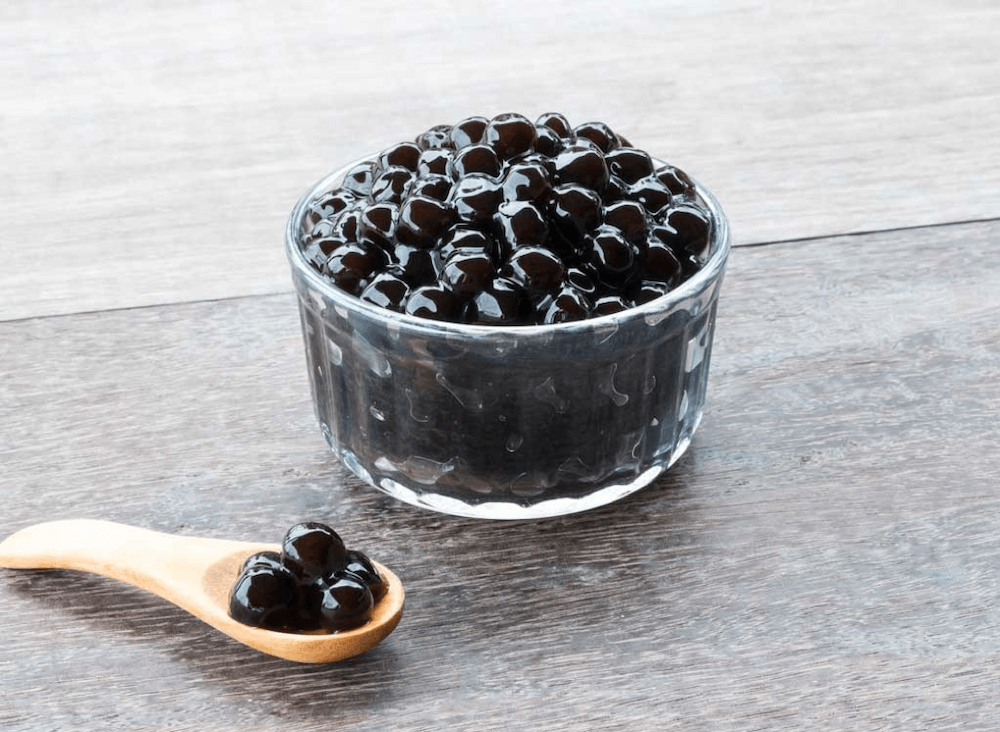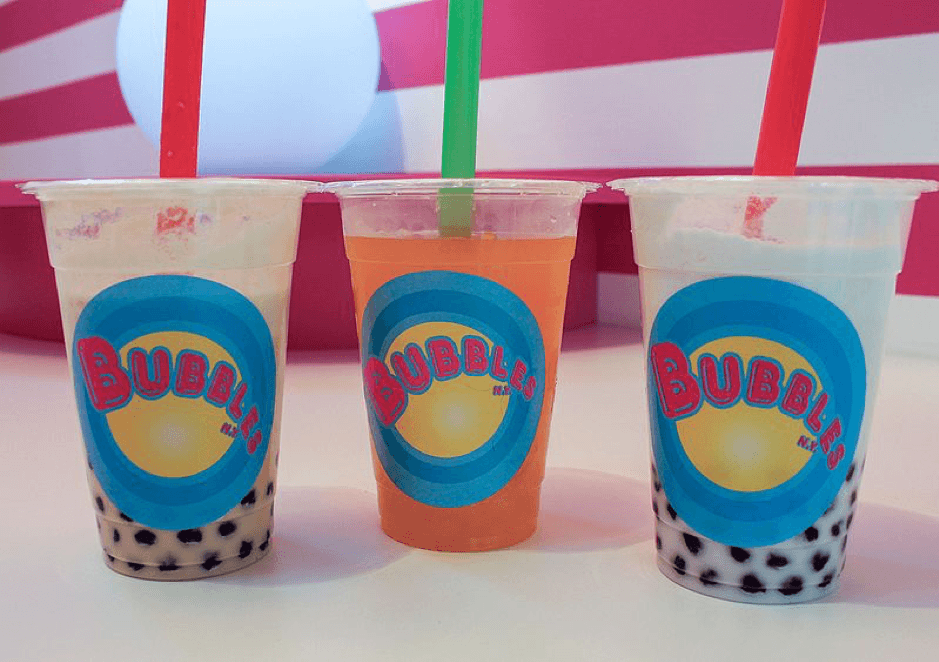It’s a craze that has swept the nation, so it’s wise to take an objective look at the contents of this popular drink.
Bubble tea is a craze, very popular among the young here in Singapore. It has become a common lepak drink, with many outlets from different bubble tea brands conveniently located in malls as well as neighbourhood centres.
Since the word ‘tea’ is part of the product name, it should be healthy right? Indeed, drinking tea (black, green tea, white team, oolong and pu-erh) every day has health benefits, as it is rich in polyphenols. The polyphenols in tea include a unique antioxidant group known as flavonoids, which are potent against damaging free radicals, which can contribute to cancer, heart disease and clogged arteries. Also found in tea are caffeine and theanine; these compounds are beneficial to brain health and increase mental alertness.
The problem with bubble tea is that it contains more than just tea. “Drinking unsweetened black or green tea daily has health benefits, but drinking pearl milk tea regularly may not be a healthy choice if you are watching your weight or controlling your calorie and sugar intake,” says a nutritionist. Here is food for thought: a 400g serving of bubble milk tea with pearls contains 231 calories. For comparison, a 330ml can of soft drink contains about 140 calories.
WHY BUBBLE TEA IS NOT SO HEALTHY
Very high sugar content
 Studies have shown that consuming too much sugar is linked to type 2 diabetes. The maximum amount of sugar we should consume per day as recommended by the World Health Organization (WHO) is 50g, or 10tsp. Downing a cup of bubble tea with regular sweetness means you are consuming 34g (6.8tsp) of sugar, which contains 300–400 calories and makes up 68% of the recommended daily amount.
Studies have shown that consuming too much sugar is linked to type 2 diabetes. The maximum amount of sugar we should consume per day as recommended by the World Health Organization (WHO) is 50g, or 10tsp. Downing a cup of bubble tea with regular sweetness means you are consuming 34g (6.8tsp) of sugar, which contains 300–400 calories and makes up 68% of the recommended daily amount.
High-calorie pearls
 The pearls, which form a large part of the appeal of bubble tea, are made of tapioca starch and brown sugar. They are pure carbohydrate with no mineral or vitamin content, and add up to 100 calories to each cup of bubble tea. Hence, counting both pearls and ultra-sweetened tea, one cup of bubble tea contains over 300 calories — that’s more than a can of Coke or a bowl of rice.
The pearls, which form a large part of the appeal of bubble tea, are made of tapioca starch and brown sugar. They are pure carbohydrate with no mineral or vitamin content, and add up to 100 calories to each cup of bubble tea. Hence, counting both pearls and ultra-sweetened tea, one cup of bubble tea contains over 300 calories — that’s more than a can of Coke or a bowl of rice.
Non-dairy creamer containing trans fat
Bubble tea creamer contains trans-fat, which we should avoid as it increases the risk of getting heart disease, stroke, and type 2 diabetes. Trans fat raises our bad cholesterol level (LDL) and lowers our good cholesterol level (HDL). If you find bubble tea irresistible, ask for healthier variations and drink it less frequently.
MAKE YOUR BUBBLE TEA HEALTHIER
- Order a cup of bubble tea with much less sugar (50% less) or no sugar at all.
- Request for fresh milk to replace the non-dairy creamer.
- Ask for a smaller portion of pearls or forgo them altogether.
This article is contributed by GetDoc.




